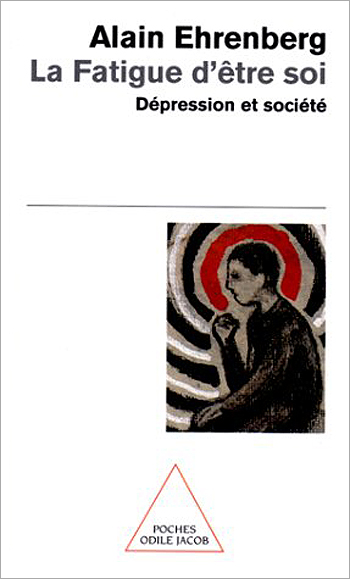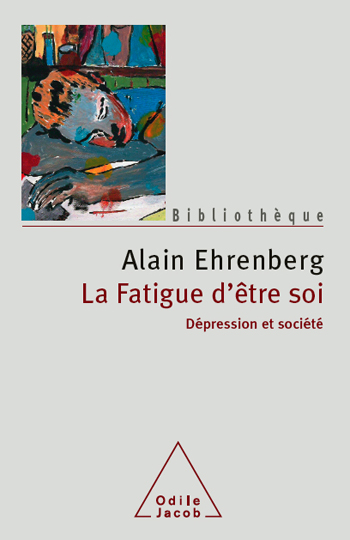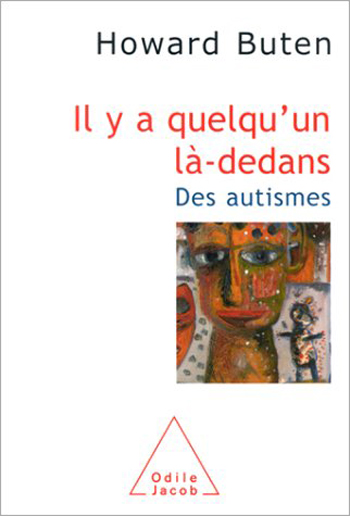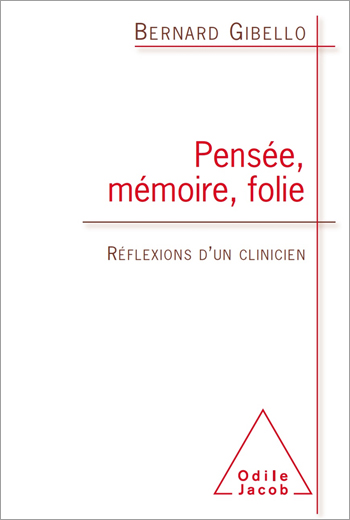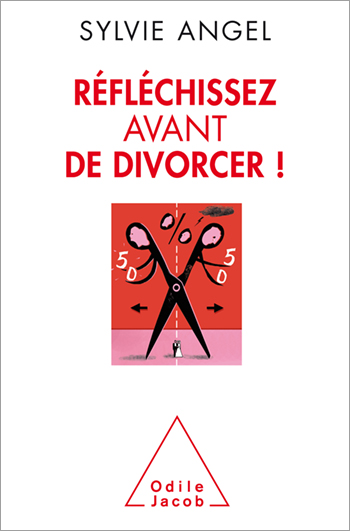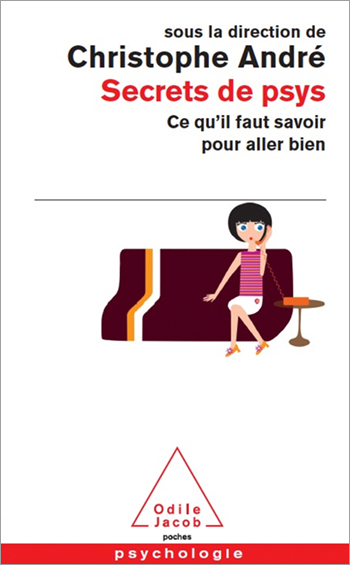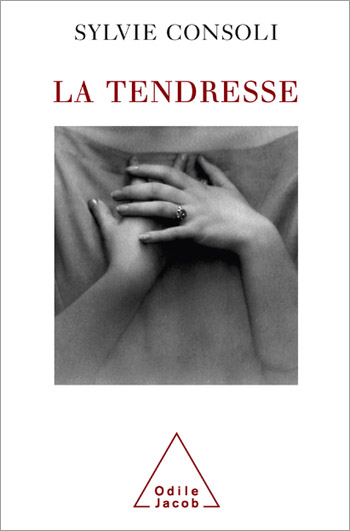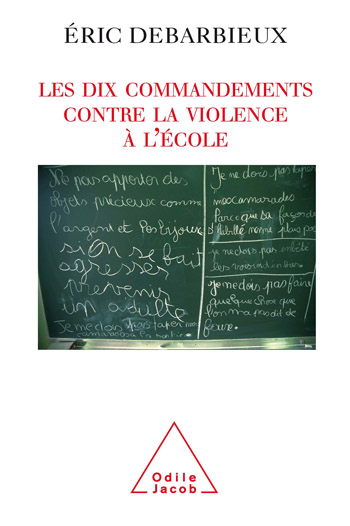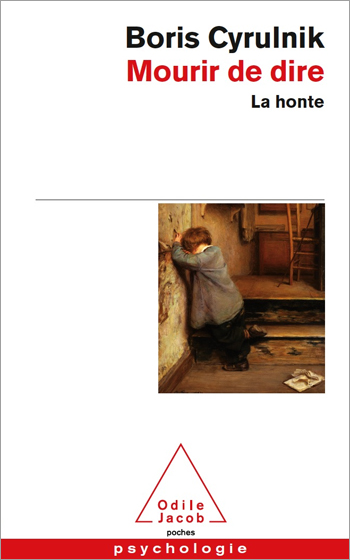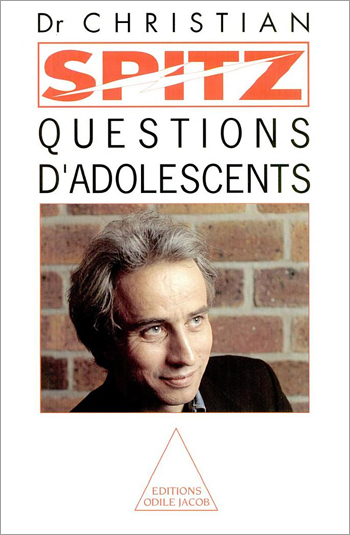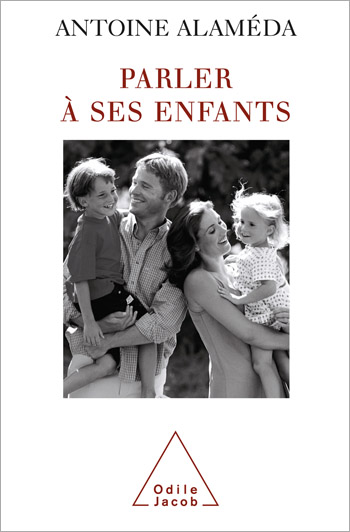Psychology All books
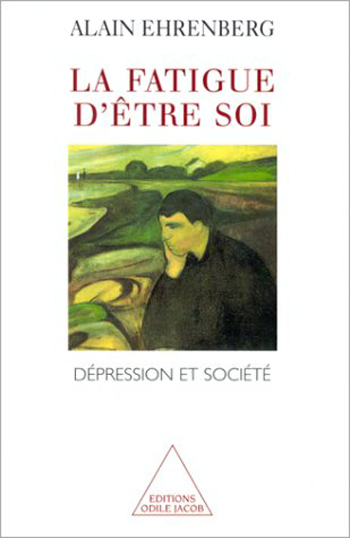
Alain Ehrenberg
Tired of Yourself Depression and Society
Examining the changes that have occurred since the 19th century in both psychiatry and society at large, this book shows how the internal collapse that is depression is the ultimate symbol of our culture of powerlessness. The depressed person cannot rise above the demands imposed on him or that he imposes on himself. He has no recourse but fatigue, inhibition, and indecision. But what does it mean to learn to be oneself? Is our society merely creating huge numbers of hypochondriacs? Can we any longer draw a line between the small unhappinesses and frustrations of daily life, and pathological suffering? Alain Ehrenberg is a sociologist.
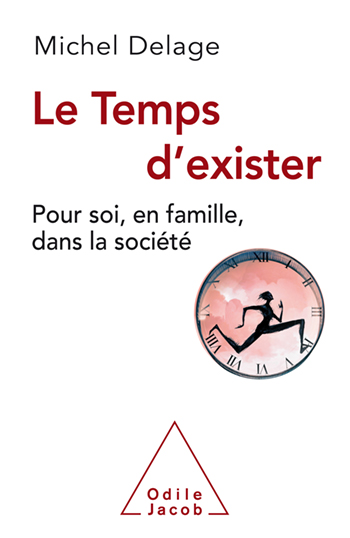
Michel Delage
The Time to Exist
Characteristics of temporal experience, the way in which it intervenes in the construction of identity, the modifications it undergoes in the course of a life, when one goes from childhood to adolescence, then to an adult age and old age.
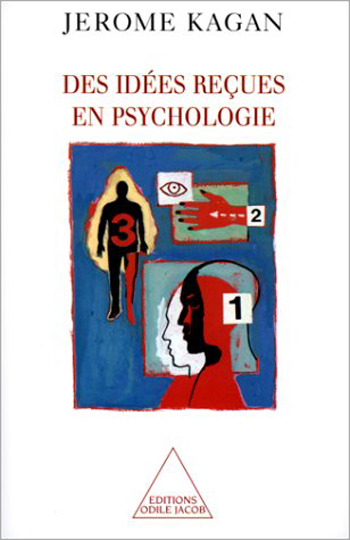
Jerome Kagan
Three Seductive Ideas
Do the first two years of a childs life really determine his or her future development? Are human beings, like other primates, solely motivated by the pursuit of pleasure? What can be concluded today about the notion of temperament? Is it stable and unchanging throughout life? This book is the culmination of a lifetime of research. Jerome Kagan, one of the founders of modern development psychology, is known the world over for the precision and originality of his work, as well as for his overall examination of the methods and meaning of psychology. Jerome Kagan teaches at Harvard University. He is the author of several works on psychology that are regarded as classics.
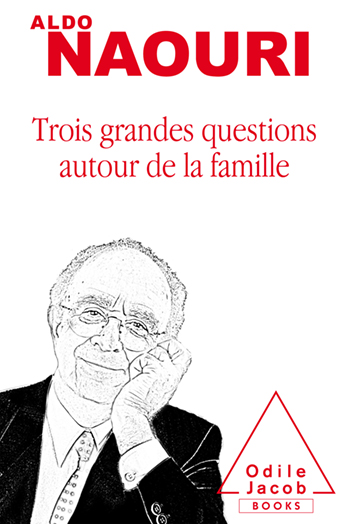
Aldo Naouri
Three Questions On The Family
Aldo Naouri’s complete reference work! The fruit of all his experience related to the fragile and essential parent-child relationship
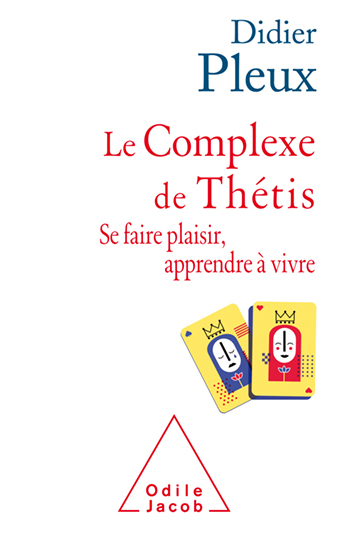
Didier Pleux
The Thetis Complex To enjoy or not to enjoy life; finding the right balance
The Thetis complex, or the increasingly widespread difficulty in finding a good balance between the quite natural desire to enjoy life, and the acceptance that everything cannot be lived according to one’s desires.
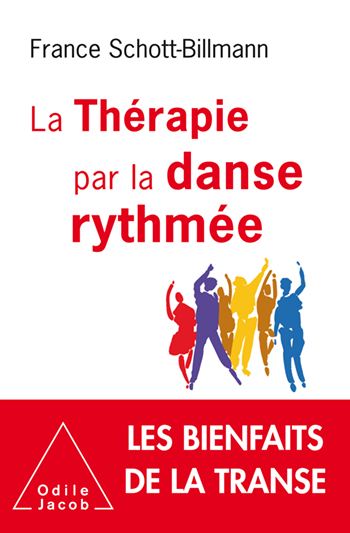
France Schott-Billmann
Therapy through Rhythmic Dance Healing through dance
Dance: an inner movement that can liberate any person who allows him or herself to be carried away by music.
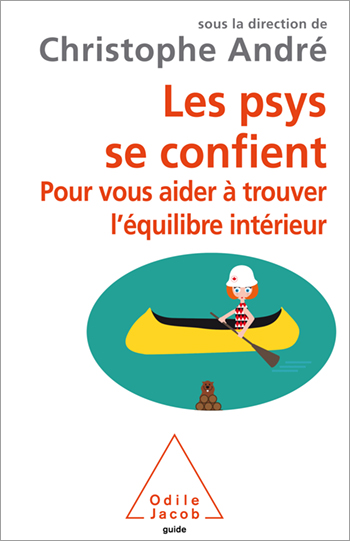
Christophe André
Therapists' Confidences Learn from therapists’ own lives how to find inner harmony
A book that can be of great help by enabling readers to follow the example of a professional therapist.
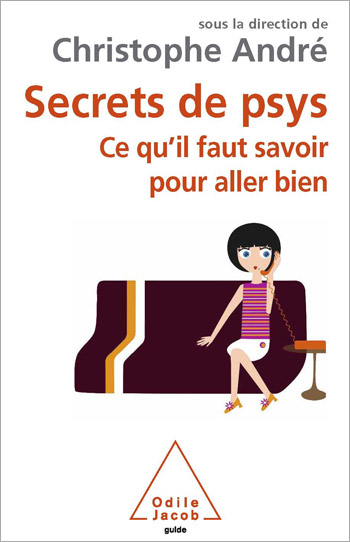
Christophe André
Therapists Secrets: What You Must Know to Feel Fine
In this book, a number of renowned psychotherapists, psychiatrists and psychologists draw on their vast experience to share with the reader the numerous methods they apply to themselves, in order to feel better.
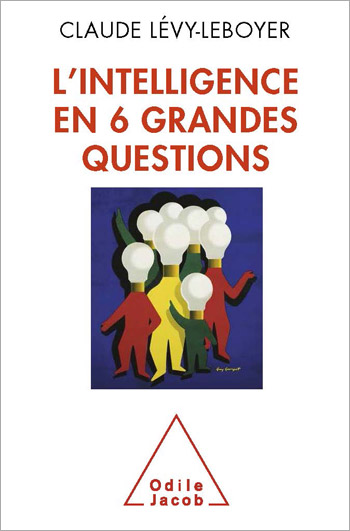
Claude Lévy-Leboyer
Testing Intelligence with 6 Essential Questions
A clear synthesis of the most recent research results on IQ and other intelligence tests.
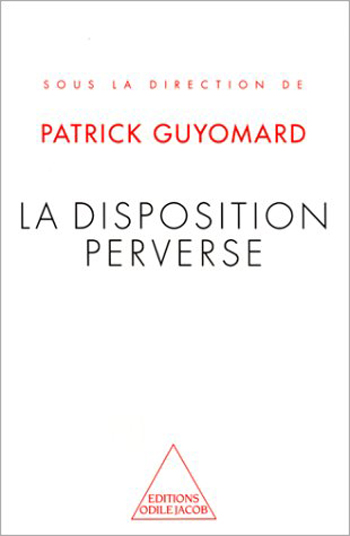
Patrick Guyomard
The Tendency for Polymorphe Perverse Behaviour
It is the child that Freud predominantly identifies as polymorphe perverse in his Three Essays on Sexual Theory, but he recognised that it is in fact a universally human and original trait. Certainly, clinical experience suggests that this characteristic is not solely reserved for children. It is evident in each psychoanalytical treatment as common to all mankind. It is also found in science and in politics. If the tendency for polymorphe perverse behaviour is a universally human trait, everyone who has human thought patterns is affected. It is for this reason that this book gathers together reflections from psychoanalysts, clinicians specialising in both adults and children, scientists, anthropologists, and historians in order to revaluate the perversion and give a new perspective on the controversies it can trigger. Organised by the Freudian Psychoanalyst Society.
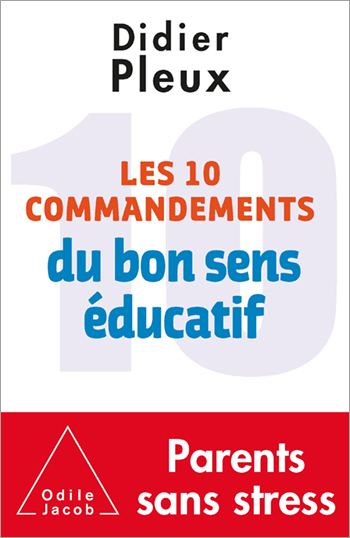
Didier Pleux
Ten rules for common-sense parenting
Ten rules for common-sense parenting — and to give our children a better future
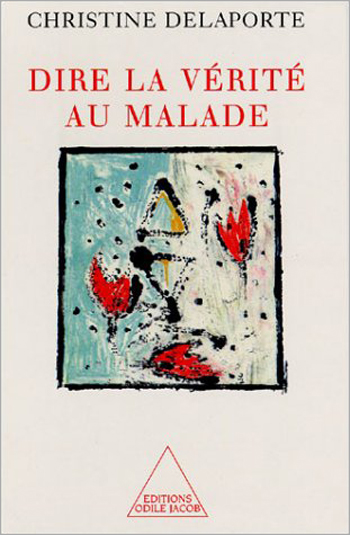
Christine Delaporte
Telling Sick People the Truth
The issue of medical truth is perceived differently by doctors and patients. From the doctors point of view: Should a given patient be told the truth? Should terminally ill patients be told how much longer they may expect to live? From the patients point of view: How can I hear the truth and learn to live with the disease? This book should help health professionals deal with emotionally difficult moments of truth. It should also help patients and their loved ones to feel less alone, once they have heard the truth, and to gradually learn to live with their disease. Christine Delaporte is a head of research at the Centre National de la Recherche Scientifique.
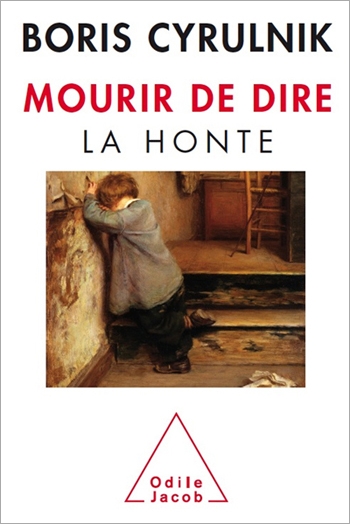
Boris Cyrulnik
Telling and Dying of Shame
It is shame’s “intimate theatre” that Cyrulnik explores here, in his new book
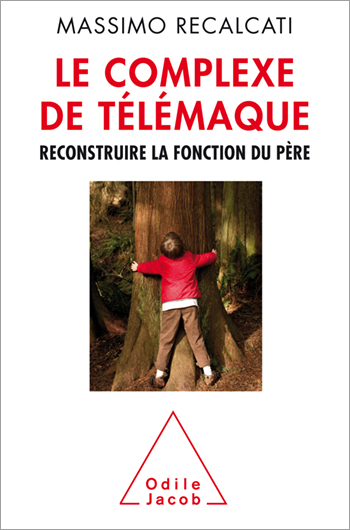
Massimo Recalcati
The Telemachus complex Fathers’ New Identity: Reconstructing a Paternal Image
A clear-sighted, indispensable work to understand the changing role of fathers in today’s society
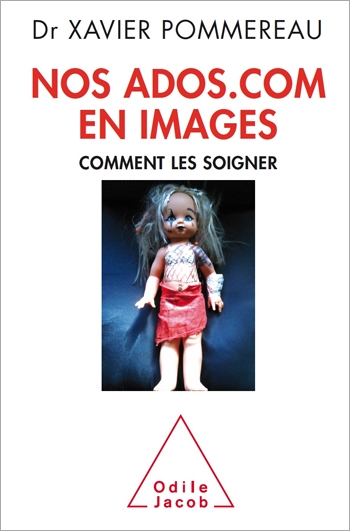
Xavier Pommereau
Teens.com Follow Their Progress
A new method to understand and treat troubled adolescents based on their own lifestyle
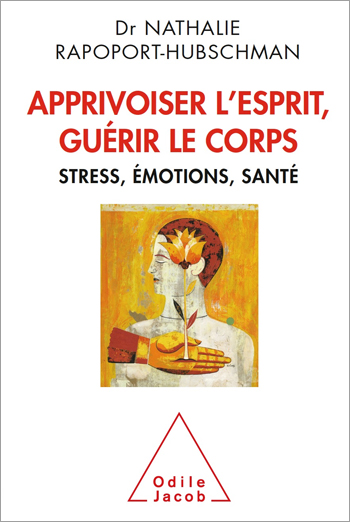
Nathalie Rapoport-Hubschman
Tame the Mind, Heal the Body Stress Emotions and Health
How taming your mind will help you reduce stress, manage your emotions and prevent modern diseases

Boris Cyrulnik
Talking About Love Near The Abyss
Resilience, the human capacity to recover from trauma and to overcome hardship, can come into play at any age...
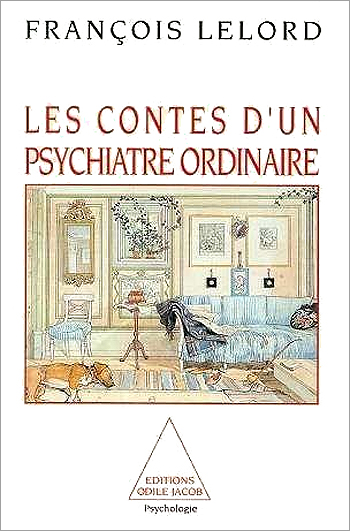
François Lelord
The Tales of an Ordinary Psychiatrist
Visiting a psychiatrist is still a frightening prospect. Taboos surround psychological illnesses and psychiatry is viewed with suspicion. Using true cases as examples, F. Lelord presents the expressions and mechanisms of various psychological problems: stress, agoraphobia, depression, bulimia, anorexia, schizophrenia, autism... With each case we dive further into the psyche, and emerge with an honest assessment of the pluses and minuses of psychiatric treatment.

